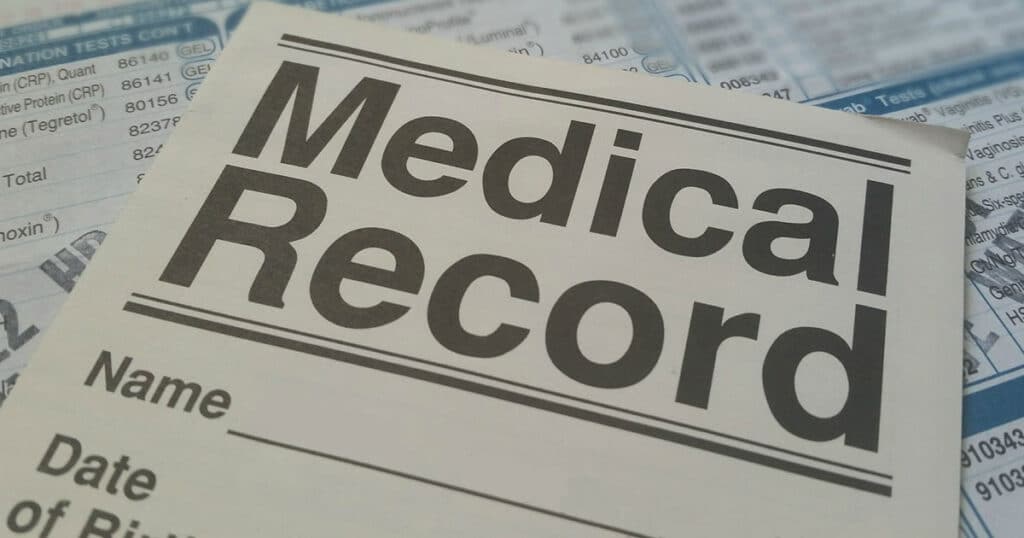Congestive Heart Failure and Social Security Disability Benefits
Home » Applying for SSDI » Medical Conditions, Listed Impairments & SSDI » Congestive Heart Failure and Social Security Disability Benefits
Congestive heart failure, also called chronic heart failure, is a condition in which your heart’s ability to pump blood properly to the rest of your body decreases due to weakness or stiffness, often as a result of high blood pressure, narrowing of your arteries, or history of heart attack (myocardial infarction). Other conditions can also cause it.
Roughly five million people in the US currently live with congestive heart failure. Nearly 1.5 million people of those diagnosed are under the age of 60. And each year, another 550,000 million cases of congestive heart failure are diagnosed.
In some cases, the condition can be reversed; in other cases, the damage is too severe and patients can only focus on reducing symptoms for a better quality of life.
Applying for SSDI: Congestive Heart Failure Symptoms and Treatments
Congestive heart failure is a high-risk, and sometimes potentially life-threatening illness, for many people who become diagnosed. The symptoms vary from mild to severe, and include shortness of breath, fatigue, weakness, chronic cough, edema or swelling, poor performance during exercise, dizziness and heart palpitations.
Patients with congestive heart failure often have to restrict their physical activity and modify their daily activities, including at work. Frequent rest periods may be needed throughout daily activities.
Does Congestive Heart Failure Qualify Me for Disability Benefits?
Congestive heart failure is discussed in the Social Security Administration’s “Blue Book” listing of disabling conditions, in Section 4 (Cardiovascular) under paragraph 4.02 (Chronic Heart Failure).
However, it is possible to qualify for benefits without meeting these criteria. Because, at the end of the day, what the SSA generally cares about most is whether or not your Congestive Heart Failure meets certain requirements, including:
- That it rises to the level of a “severe impairment”, meaning it impacts your ability to do work;
- That it, combined with any other impairments you may have, prevent you from sustaining work;
- That it has affected you, or is expected to affect you, for at least one year (or to result in death).
If that is the case, then you may very well qualify for monthly disability benefits.
Next Steps
If you or a loved one have Congestive Heart Failure and are considering a claim for disability benefits, we recommend you read our articles about the process of applying for SSDI and the way the Social Security Administration uses their Sequential Evaluation Process to determine disability.
This article is presented for general information purposes only. Nothing in this article should be taken as medical advice. Medical decisions (including whether to start, stop, or modify any treatment plan) are extremely important and should always be made with the advice and counsel of a qualified medical professional.

Linda Cosme formerly served as a Member of the Appeals Council (AC) for the Social Security Administration (SSA), and Program Expert for the Social Security Administration and Disability Quality Branch (DQB). Ms. Cosme also served as a Quality Assurance (QA) Reviewer, Initial Disability Examiner, Reconsideration Disability Examiner, and Continuing Disability Examiner (CDR) for the Disability Determination Services (DDS). She is admitted to practice law in Arizona, Georgia, and the United States Ninth Circuit Court of Appeals.
It is easy to get started.
It is easy to get started. No upfront costs – You only pay if we win!
Oops! We could not locate your form.









